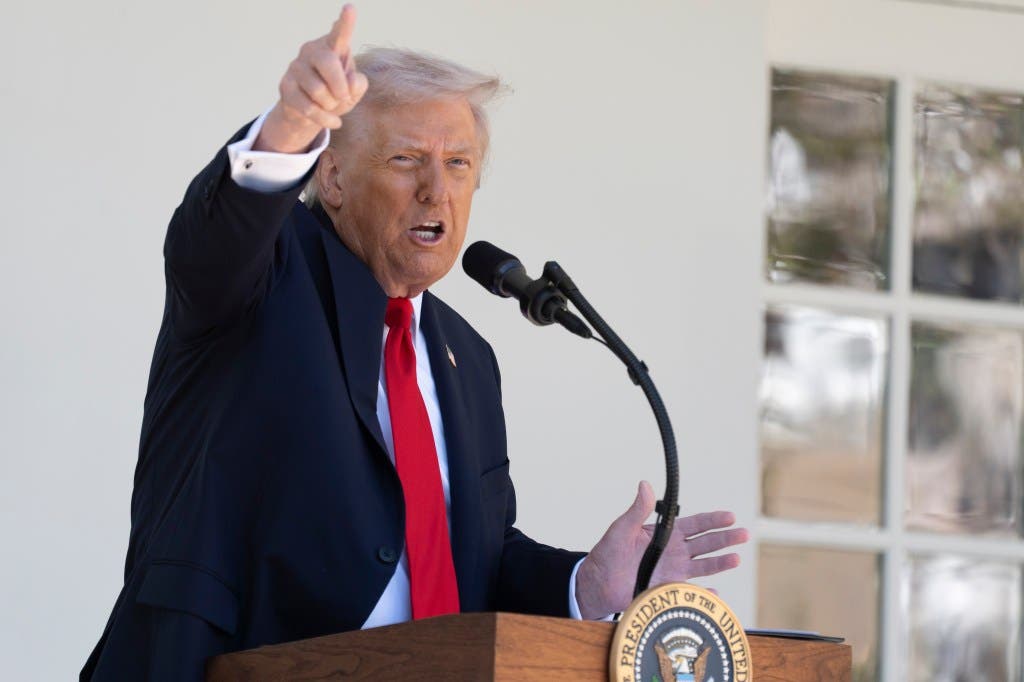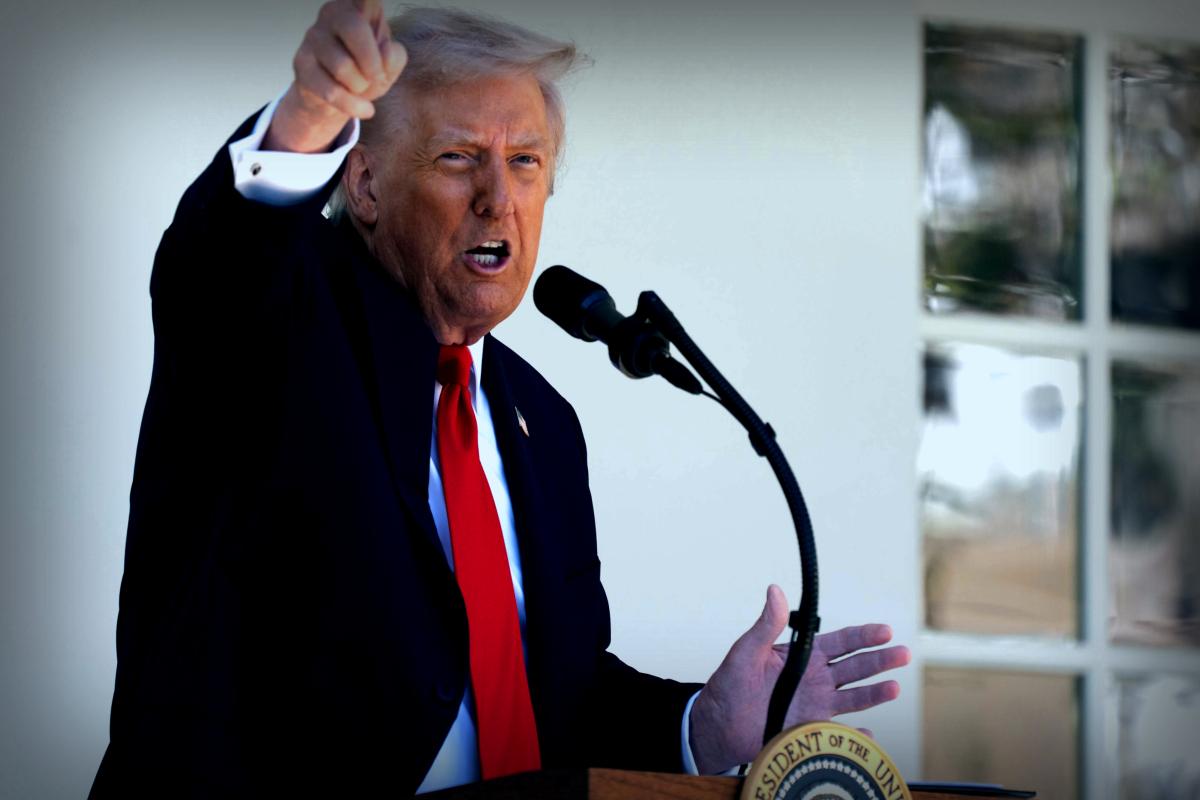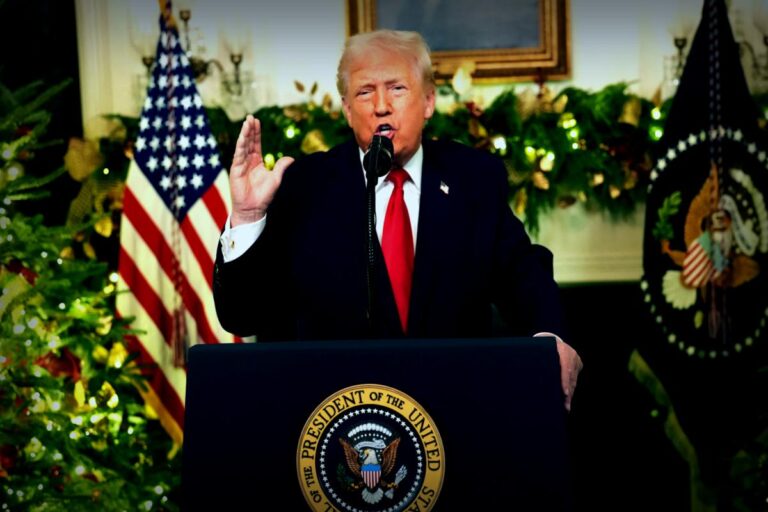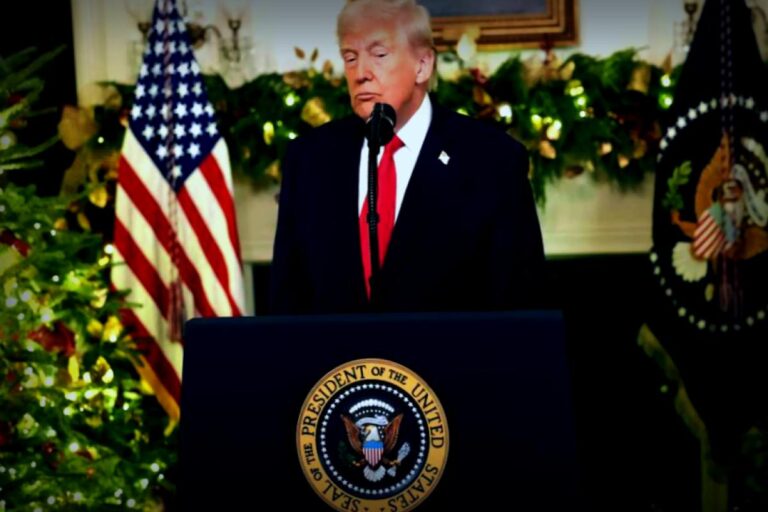During a press conference on Tuesday, President Donald Trump sent out a strong message: Without Democratic approval on funding, key programs like Social Security and Medicare could be at risk. It all started when one Democrat responded to his inquiry about funding bills by stating, “It means death.” Trump quickly rebutted, claiming that the real threat is financial collapse, which could obliterate Medicaid, Social Security, and Medicare altogether. He emphasized, “If the country goes bankrupt, we won’t have any form of health insurance folks!”
Why This Matters
The current standoff over funding, which led to the government shutdown, revolves heavily around the Democrats’ stance against accepting a proposal they believe would cut vital health care resources—an argument many Republicans use stating that these funds are diverted to help undocumented immigrants.
Programs like Social Security and Medicare play an essential role for millions of Americans, especially retirees and individuals with disabilities. In late 2024, about 53 million people received monthly benefits from Social Security, accounting for nearly 16% of the U.S. population. Similarly, Medicare and Medicaid ensure that seniors and families across different income levels maintain access to healthcare.
Any changes or cuts to these programs could have significant repercussions for the countless individuals who depend on them for their basic financial support and healthcare needs.
According to the Congressional Research Service, these federal funding gaps have surged in frequency over the past three decades, usually due to disputes over budgetary policies and disagreements on spending, often split along party lines.

What Trump Said About Social Security and Medicare
Trump stated firmly at the press conference that failing to reach a compromise with the Democrats places programs like Social Security and Medicare in jeopardy. Currently, with the government shutdown extending into its third week, no alterations have been made to these essential programs.
He expressed frustration towards the Democrats, asserting, “We will not be extorted over this matter. No one has done this before. Normally, an extension just gets voted for unanimously!”
The White House’s spokesperson, Abigail Jackson, remarked to Newsweek on Tuesday that Democrats are at fault for the shutdown because they wish to extend free healthcare to undocumented immigrants. She added that they could easily reopen the government by backing the bipartisan plan they previously agreed to just six months ago. Jackson emphasized, “The Trump Administration is tirelessly working to ease the burden caused by the Democrats’ actions.”
Can You Work While Collecting Social Security?
The good news for Americans is that it’s possible to work and collect Social Security retirement benefits simultaneously.
However, if you haven’t reached full retirement age, earning beyond a certain limit can temporarily lower your benefits. In 2025, you’ll see these thresholds adjusted for cost-of-living changes as determined by the Social Security Administration.
Keep in mind, these deductions only apply until you’ve reached full retirement age, after which you can earn without limits.
Is Social Security Income Tax-Free?
Social Security benefits may indeed be subject to federal income tax, depending on your total income and how you file your taxes.
If your combined income—defined as adjusted gross income combined with non-taxable interest and half of your Social Security benefits—exceeds certain annual limits, then up to 85% of your benefits could be taxable.
The IRS updates these figures annually, so it’s essential to stay informed!
What’s the Social Security Cap for 2025?
The tally for Social Security wage base cap sets the ceiling amount of income subject to the payroll tax yearly. For 2025, this limit stands at $176,100, as outlined by the Social Security Administration.
Any income earned beyond this cap won’t incur Social Security tax, although all covered income remains subject to Medicare taxes.
Reactions
Democratic strategist Doug Gordon shared with Newsweek: “No one can really ‘win’ a shutdown. Yet, it looks awful for the Republicans with Speaker Johnson allowing the House to have a lengthy vacation while the public braces for higher health care costs than seen in the last decade.”
Republican strategist Matt Klink commented to Newsweek on Tuesday about the shutdown: “The GOP seems at ease with this standoff. The Democrats went overboard trying to force a significant policy overhaul right before a funding deadline.”
What Comes Next?
It remains to be seen if and when both parties can come to a resolution to bring an end to the government shutdown.



















